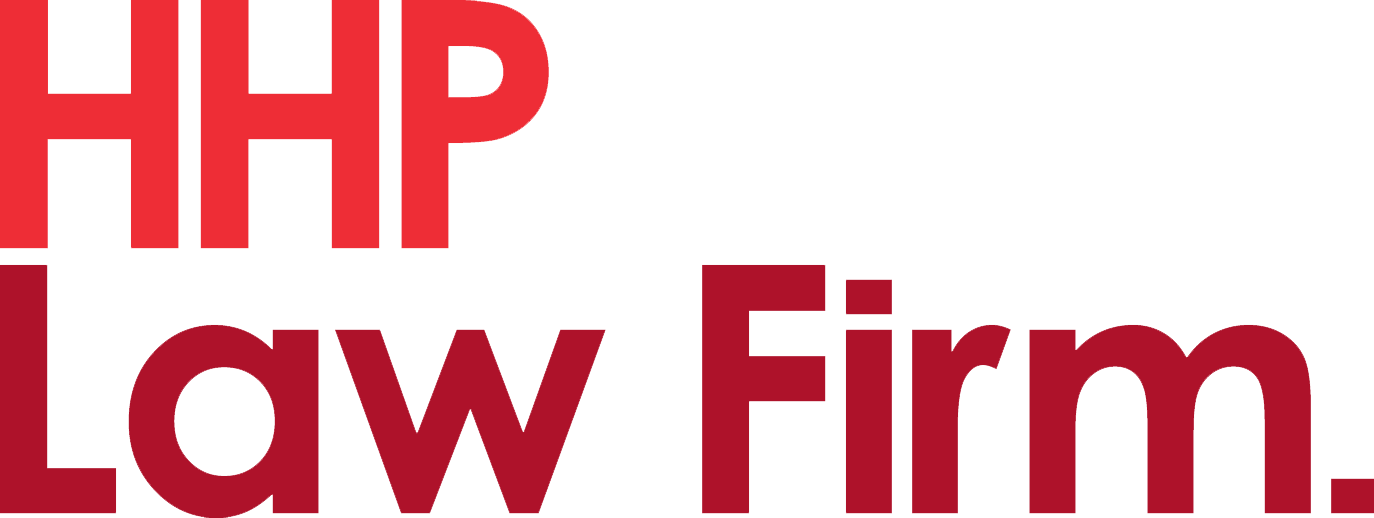In brief
The Chairman of the Indonesian Competition Commission (Komisi Pengawas Persaingan Usaha, (KPPU)) has issued two new regulations. The first is on a new approach to defining relevant market, with the aim of addressing dual and multi-sided markets in the digital economy (KPPU Chairman Regulation No. 4 of 2022). The second is on criteria and requirements for paying administrative fines by instalments (KPPU Chairman Regulation No. 1 of 2023). Introducing a legal instrument through a KPPU Chairman Regulation – which arguably should not be binding on parties beyond KPPU itself – is unprecedented, and we may see these two KPPU Chairman regulations challenged in the future. But in the meantime, we summarize the key changes introduced by the two regulations below.
Contents
- KPPU Chairman Regulation 4/2022 on defining relevant market
- KPPU Chairman Regulation on option for paying administrative fines by instalments
- What is a KPPU Chairman Regulation – difference from KPPU regulations
KPPU Chairman Regulation 4/2022 on defining relevant market
Dual and multi-sided markets are now covered
KPPU is aware that its traditional approach to defining markets under KPPU Regulation No. 3 of 2009 on Guidelines for Defining Relevant Market is obsolete. In the face of digitalization and business transformation as the pandemic subsides, there are now different ways of doing business, and sometimes more than two parties are involved in trade. Under the KPPU Chairman Regulation 4/2022, a definition and guidance is now given for relevant markets that may serve two or more user groups where the market dynamics (supply and/or demand) in one group may affect the market dynamics in another group (supply and/or demand) served through the business model offered.
KPPU states that it will consider the following conditions to identify dual and multi-sided markets:
- Whether there are two or more product markets and/or geographical markets
- Whether there are two or more user groups, where the market dynamics of one group affect the market dynamics of the other group
- Whether there is an intermediary (i.e., a platform) with the role of connecting the user groups
Attempt to define relevant market in the digital economy
KPPU Chairman Regulation 4/2022 briefly touches upon the analysis of relevant market in the digital economy.
The first identifier is – of course – that the business (products or services) or trade is offered or facilitated through the internet or a digital platform. KPPU will assess how the different user groups interact through the platform, and if a platform is identified, KPPU will apply multi-sided market analysis to define the relevant market.
KPPU may also apply some additional analysis, such as:
- Demand substitution analysis, which can be done through observing the platform functions, business models, user groups, online sales presence and offline transactions
- Supply substitution analysis, which can be done through observing the market entry barriers, network effects, lock-in effects, or switching costs for consumers
- Determination of the product market in a digital platform, which can also consider the competition between platforms, differentiation levels, economic scales, innovations and technology developments
- Geographical market analysis in the digital economy, which can use the nature of the goods and services marketed in the platform (durable or non-durable or having a delivery term), platform’s users profile, provisions of relevant laws and regulations, online and offline integrations – due to the nature of the digital industry, if the alleged competition case concerns a global business actor that has operations in Indonesia but does not have a representative office in Indonesia, the geographical market will be determined on a case-by-case basis
Administrative issues
As flagged above, this new KPPU Chairman Regulation is unusual, as following its issuance, KPPU issued KPPU Regulation No. 9 of 2022 on the Revocation of the obsolete KPPU Regulation on Defining the Relevant Market. It does imply that the KPPU intends for the KPPU Chairman Regulation to be binding for third-parties, particularly to provide guidance on defining relevant markets. However, as this is very recent, we are yet to see how the new KPPU Chairman Regulation would be challenged and debated through its enforcement.
KPPU Chairman Regulation on option for paying administrative fines by instalments
To implement the provisions introduced under KPPU Regulation No. 2 of 2021 on Sanctioning Guidelines, the KPPU Chairman issued a new KPPU Chairman Regulation to provide further details and mechanics for paying administrative fines by instalments.
A party who has been found guilty of violating the Competition Law in Indonesia and ordered to pay an administrative fine under a KPPU Decision may submit a written application within 14 days after the decision becomes legally binding, and submit the following supporting documents:
- A cash flow statement and written description that the cash flow of the company will be disrupted if the fine is paid at once
- A cash flow plan that includes the proposed payment of the fine in stages or within a certain period of time in accordance with the payment relief
- A written analysis to support the proposed payment of the fine in stages or within a certain period of time in accordance with the financial capacity or business activities of the company
Depending on the circumstances, the KPPU may also consider other supporting data, such as:
- Evidence of the company’s projects or activities that can affect, or have the potential to affect, the cash flow of the company
- Evidence of cash flow other than the financial statements that can convince the KPPU Tribunal, such as interim financial statements that include all of the information above
If the company does not have any business activities, the company should submit supporting data to substantiate that fact. KPPU also may consider supporting data of the personal finances of the management of the company or other parties in charge of meeting the obligations of the reported party.
KPPU has discretion on whether to accept the application, and the period of instalments (ranging from six to 36 months).
For those granted a payment period of more than 12 months, a guarantee must be provided with a value of at least as much as the fine amount. An independent appraiser is to be appointed to value the guarantee, at the cost of the party.
KPPU may also grant instalment requests without the abovementioned requirements if there is evidence of the following:
- The party is under a court-ordered debt repayment (Penundaan Kewajiban Pembayaran Utang) process.
- The party has been declared bankrupt.
- Another party will pay the fine on behalf of the reported party.
- Other special conditions exist as deemed appropriate
What is a KPPU Chairman Regulation – difference from KPPU regulations
Before the issuance of the above KPPU chairman regulations, KPPU chairman regulations were issued to govern only internal matters in KPPU, e.g., classification of records and accounting policies within the KPPU environment. KPPU usually issues KPPU regulations to regulate matters applicable to the public.
Referring to the KPPU regulation governing the organization and working procedure of KPPU, the chairman has the obligation to coordinate and monitor the implementation of tasks given to KPPU members. In conducting this obligation, the chairman has the right to lead commissioners (the leaders of the KPPU) meetings and/or coordinating meetings within KPPU, authorize official KPPU documents, and inaugurate and take the oath of the officials and employees of KPPU. There is no authorization for the chairman to issue regulations applicable to the public.
Therefore, although the legality of the creation of the above regulations may be challenged, we should still expect the provisions of the above regulations to be implemented in the near future.
* * * * *

© 2023 HHP Law Firm. All rights reserved. HHP Law Firm is a member firm of Baker & McKenzie International. This may qualify as “Attorney Advertising” requiring notice in some jurisdictions. Prior results do not guarantee a similar outcome.



